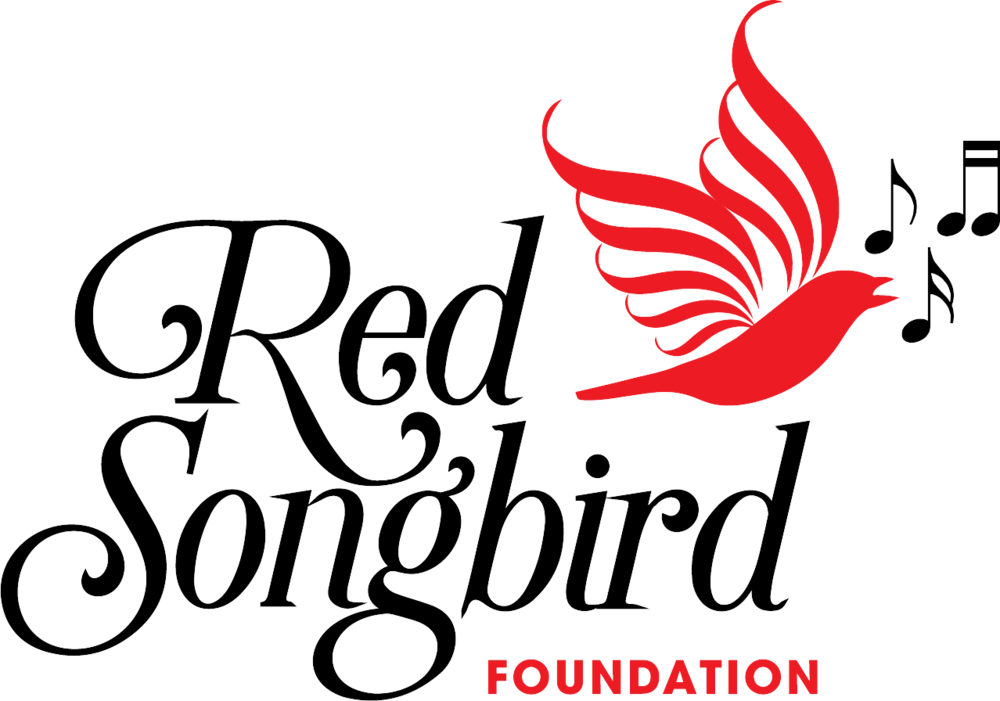What should you do when cravings or triggers happen?
It’s important to understand that there is a difference between a “craving” and a “trigger”.
As addicts, our habits of thought about alcohol or drugs are obsessions that exhibit as cravings. The obsessions can manifest as a physical craving, or fleeting thoughts. It’s perfectly normal, especially in the early stages of sobriety for a recovering addict to have cravings. The key is not to act on the cravings, or dive into the thoughts, but rather identify them and take contrary action. Distract yourself from cravings with a simple task, doing exercise, or picking up the phone to call a sponsor or mentor.
Triggers on the other hand, are people, places and things that threaten our sobriety. Seemingly simple things like familiar smells, music, events or even your job, can be triggers for addicts. It’s highly individual. Awareness is essential, so be mindful about what your triggers are and later on in your recovery you can look into the root of your triggers.
It’s all about being honest with yourself and protecting your sobriety; sobriety has to come first or all else will be lost. Having a plan of action will not only ensure relapse prevention for cravings and triggers, but will provide a sense of security:
• Get plenty of rest, watch what you eat, get exercise, and meditate. Remember the HALT acronym: never get too Hungry, Angry, Lonely or Tired. Cravings occur when we are experiencing these feelings, so recognize them.
• Don't romance the drink or drug. That tends to happen when we are alone so avoid isolation and spend time with people you like who are not substance users. Don't expose yourself to unnecessary temptations, such as gatherings where alcohol is the center of entertainment.
• Your support system is here for just these situations. Plan a meeting before and after an event if possible and have planned telephone calls to friends and sponsor.
• Have non-alcoholic drinks handy and at events or gatherings have a safe drink in your hand. This will not only stop people from offering a drink, it will also keep you hydrated.
• Stay in the present, focus on today by writing a gratitude list. One day at a time is part of how people stay sober for consistent lengths of time.
• Stay connected: Whenever possible have a sober person or someone who supports your recovery with you.
• Always have an exit strategy: You’ve pick your events or obligations wisely, just make sure you can leave, safely, anytime if you feel uncomfortable.
-Jason Wahler
Published June 15, 2021

